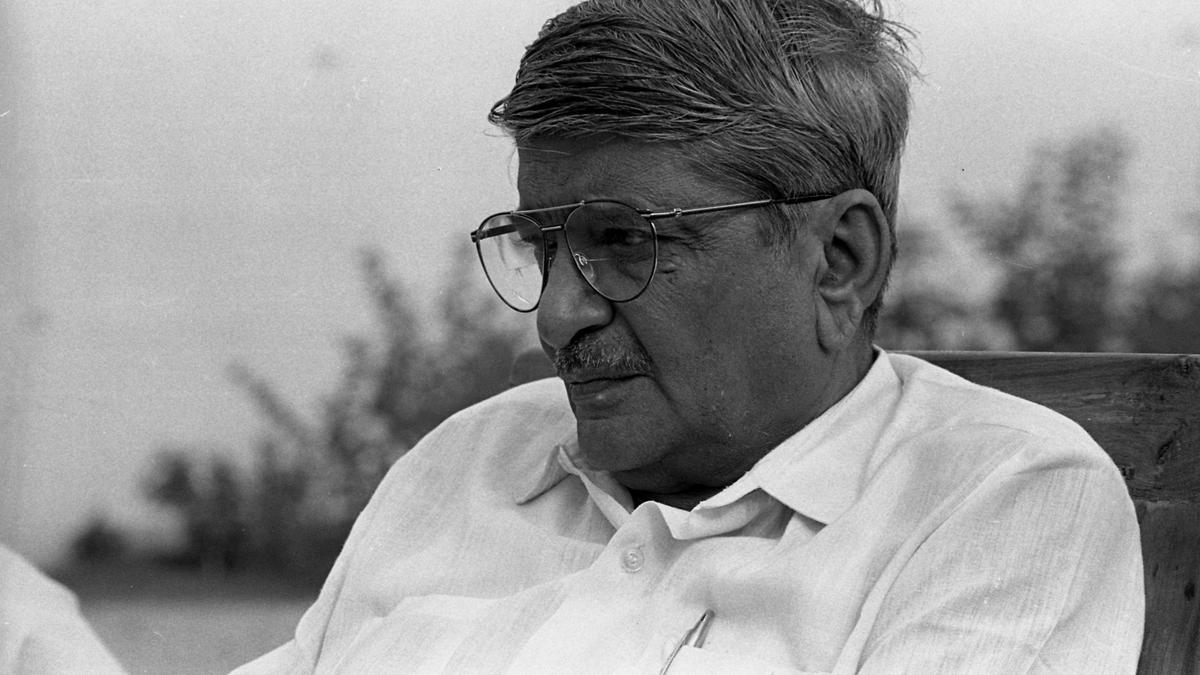The minds that brought you the conversational magic of ChatGPT and the multimodal power of Google’s Gemini now have a new home: Meta. In a stunning talent exodus, captured in a single tweet by Meta’s new AI chief, Alexandr Wang, the architects of the current AI revolution have been poached from OpenAI, Google DeepMind, and Anthropic.
Mr. Alexandr’s tweet is not merely a hiring announcement; it is a declaration of intent. By announcing his role as Chief AI Officer at Meta alongside Nat Friedman and a veritable “who’s who” of top-tier AI researchers, Mr. Alexandr and Meta were signaling a seismic shift in the technology landscape.
I’m excited to be the Chief AI Officer of @Meta, working alongside @natfriedman, and thrilled to be accompanied by an incredible group of people joining on the same day.
Towards superintelligence 🚀 pic.twitter.com/2ACj1lKN9Q
— Alexandr Wang (@alexandr_wang) July 1, 2025
This mass talent acquisition from rivals like OpenAI, Google DeepMind, and Anthropic is CEO Mark Zuckerberg’s most audacious move yet to dominate the next technological frontier. It represents a calculated effort to bolster Meta’s AI venture by poaching the very minds that built its competitors’ greatest successes.
However, this aggressive pivot towards superintelligence cannot be viewed in a vacuum. It is haunted by the ghosts of Meta’s past — from the Cambridge Analytica scandal to the Instagram teen mental health crisis — forcing a critical examination of whether Zuckerberg has evolved from a disruptive force into a responsible steward for the age of AI.
Why Meta’s AI talent acquisition signals a new era
The list of new hires is a strategic masterstroke — it’s not just about adding headcount; it’s about acquiring institutional knowledge and simultaneously weakening the competition.
According to reports, Mr. Zuckerberg has personally handled these AI hires. And he has carefully picked top talent from all his rivals.
From OpenAI, Meta has poached the creators behind GPT-4o’s groundbreaking voice and multimodal capabilities and foundational model builder. Shengjia Zhao, the co-creator of ChatGPT and GPT-4, is now part of Meta. This is a significant loss to Sam Altman’s AI company.
From Google DeepMind, Mr. Zuckerberg has poached Jack Rae, the pre-training tech lead for Gemini 2.5, and other experts in the text-to-image generation. From Anthropic, Meta has poached Joel Pobar, the AI firm’s inference expert.
This talent raid provides Meta with some immediate advantages. First, it gives the company instant credibility that it quite serious about its AI bet as the new team has direct, hands-on experience building and training the world’s most advanced models.
Second, it disrupts the roadmaps of its competitors, forcing them to regroup and replace key personnel. Third, it creates a powerful gravitational pull for future talent, signaling that Meta is now the premier destination for ambitious AI work, backed by near-limitless computational resources and a direct path to impacting billions of users.
Can Zuckerberg be trusted with the future of AI?
This aggressive push into AI stands in stark contrast to the defining scandals of Zuckerberg’s career. The Cambridge Analytica affair revealed a fundamental flaw in Facebook’s DNA: a platform architecture that prioritized growth and data collection over user privacy and security, which was then exploited for political manipulation. The company’s response was slow, defensive, and ultimately insufficient to repair the deep chasm of public trust.
Then, “The Facebook Files” exposé by The Wall Street Journal detailed internal research showing that Meta knew Instagram was toxic for the mental health of teenage girls. The company’s leadership chose to downplay the findings and continue with product strategies that exacerbated these harms.
Both incidents stem from the same root philosophy: “move fast and break things,” a mantra that prioritizes scale and engagement above all else, with societal consequences treated as unfortunate but acceptable collateral damage.
Applying this ethos to AI, a technology with far greater potential for both good and harm, is a terrifying prospect. If a social feed algorithm could destabilize democracies and harm teen self-esteem, what could a superintelligent agent, deployed to three billion users with the same growth-at-all-costs mindset, be capable of?
Mr. Zuckerberg’s past misadventures are not just historical footnotes; they are the core reason for public skepticism towards Meta’s AI ambitions.
How Zuckerberg has evolved from social media to superintelligence
Mr. Zuckerberg’s character, as observed through his actions over two decades, is one of relentless, almost singular, ambition. He has consistently demonstrated a willingness to be ruthless in competition (cloning Snapchat’s features into Instagram Stories), a visionary in long-term bets (acquiring Instagram and WhatsApp, pivoting to the Metaverse), and an ability to withstand immense public and regulatory pressure.
His critics would argue he is a leader who lacks a deep-seated ethical framework, often optimizing for power and market dominance while retroactively applying ethical patches only when forced by public outcry.
His defenders might say he is a pragmatic engineer who is learning and adapting. The Cambridge Analytica scandal arguably forced him to mature from a hoodie-wearing coder into a global CEO who must at least speak the language of governance and responsibility.
How Meta’s AI super-team challenges OpenAI and Google
The crucial question is whether this change is superficial or substantive. His current strategy with AI suggests a potential evolution. The open-sourcing of the Llama models can be interpreted in two ways.
On one hand, it’s a shrewd business move to commoditise the layer of the stack where OpenAI and Google have a strong lead, fostering an ecosystem dependent on Meta’s architecture. On the other, it can be framed as a commitment to transparency and democratisation, a direct response to the “black box” criticism leveled at his past operations.
This new “super-team” will be the ultimate test. Will they be fire-walled by a new ethical charter, or will the immense pressure from Mr. Zuckerberg to “win” the AI race override all other considerations?
How is Meta positioning itself for the AI age
Against the closed, API-first models of OpenAI and the integrated-but-cautious approach of Google, Meta is carving out a unique strategic position. It is fighting the war on two fronts — by making Llama an open-source alternative, Meta is making itself the default foundation for thousands of startups, researchers, and developers, disrupting the business models of its rivals.
Mr. Zuckerberg hasn’t stopped with that, he has also publicly committed to acquiring hundreds of thousands of high-end NVIDIA GPUs, signaling that his company will not be outspent on compute.
With the addition of this new team, Meta completes the trifecta: massive data, unparalleled compute, and now, world-leading human talent. The goal is no longer just to build a chatbot for Messenger or an image generator for Instagram. As Mr. Alexandr’s tweet boldly states, the aim is “Towards superintelligence.” This is a direct challenge to the stated missions of DeepMind and OpenAI.
The formation of this AI super-team is the culmination of Mr. Zuckerberg’s pivot from social media king to aspiring AI emperor. It is an act of immense strategic importance, one that immediately elevates Meta to the top tier of AI development.
Yet, the success of this venture will not be measured solely by the capability of the models it produces. It will be measured by whether Mr. Zuckerberg can build an organization that has learned from the profound societal failures of its past. This is a defining gambit for Meta founder — a chance to redefine his legacy not as the creator of a divisive social network, but as the leader who responsibly ushered in the age of artificial intelligence.






















